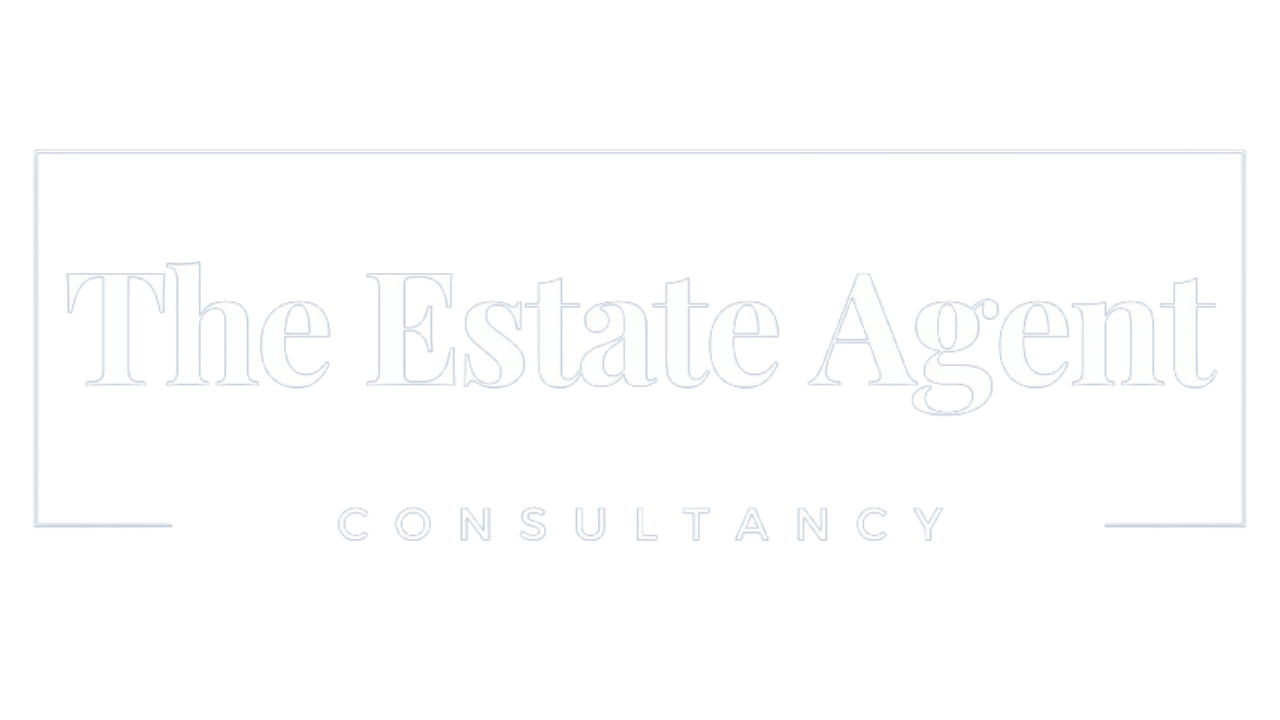Laying the Groundwork for Excellence
Let’s talk about business planning. Now, don’t roll your eyes or reach for the snooze button—I promise to keep things engaging. No spreadsheets are going to pop out at you here (although that could be fun). Instead, we’re going to break down a £100,000 goal into manageable steps. Sure, hitting £100,000 sounds impressive, but it’s a hefty target if you’re just starting out.
So, let’s take a closer look. You’re aiming to generate £100,000 in commission for your business—a solid objective. But what’s the roadmap to get there? To illustrate this, I’m going to use some basic assumptions. I don’t know your location, your average house price, or the typical estate agent fees in your area (we’ll get to that later). For now, let’s work with UK national averages. Some of you might find these numbers shockingly low, while others might gasp at how high they are, but like Goldilocks, we’ll aim for figures that are just right.
In 2023, the average house price in the UK is around £290,000. The typical estate agency fee is approximately 1.2% of the sale price (plus VAT). That works out to an average commission of about £3,500 per sale. So, how many properties do you need to sell to hit £100,000? The answer is just over 29 homes in a year, or roughly two to three properties each month.
When you break it down like this, £100,000 doesn’t seem so daunting, does it? But let’s simplify it even more.
Let’s aim for three completions a month to be on the safe side (which would actually bring in £126,000 annually, but that’s not quite as catchy, is it?). To achieve three completions, you’d need to sell four properties per month, giving you some leeway in case a sale falls through.
To sell four homes, you’d aim to list around eight properties each month. Ideally, at least half of these would sell, but having a cushion ensures you can handle any unexpected hurdles. To list eight properties, you’ll need to book approximately 16 market appraisals every month.
This shifts the focus. The question is no longer, ‘how do I build a business that generates £100,000 in revenue?’ but instead, ‘how do I secure 16 market appraisals every month?’
That’s the mindset shift you need for your estate agency, and it’s a perspective we’ll revisit often.
Here’s a thought for you. If you’re reading this, chances are you’re either running your own business or planning to in the near future. With that in mind, do you see yourself as the boss or the employee of your company?
Take a moment to think about it…
So, what’s your answer? Most people instinctively say ‘boss’—it’s got a certain ring to it. ‘I’m the boss!’ But here’s the thing: in your business, you’re both the boss and the employee.
Let’s dive into that. It’s the start of the month, and you’re deciding on your marketing strategy for the coming weeks. That’s a boss’s job, right? But then who’s responsible for executing that strategy? The employee—that’s you, too. Now, imagine it’s a gloomy, rainy day. Staying inside feels far more appealing, but who’s going to nudge the employee (also you) to get out there and drum up some leads? That’s where the boss steps in.
In most estate agency businesses, you’ll need to wear both hats. When I managed estate agencies, I always insisted on morning meetings to set priorities for the day. Even now, when I’m working solo, I hold a one-person morning meeting. It might sound a little odd, but hear me out. During these meetings, I make big-picture decisions (boss mode), and then I switch gears to execute those plans (employee mode). That’s the balance between the two roles in action.
If you lean too heavily into one role, problems arise. If you’re always the boss, you might generate lots of ideas but take little action, leaving your business stagnant. On the flip side, if you’re stuck in employee mode, your business might lack direction, causing you to work twice as hard for the same results.
Striking the right balance is key. You need to know when to strategize and when to push yourself into action to ensure your tasks align with your business goals
💡 Want to grow your estate agency?
At The Estate Agent Consultancy, we help self-employed agents win more instructions, charge higher fees, and grow faster.
📘 Get your FREE copy of Your First £100,000 Estate Agency book
🔗 You might also enjoy these blogs:
• How to Get Listings from Withdrawn Properties
• How to Find Listings by Leveraging Buyers in Your Local Area


